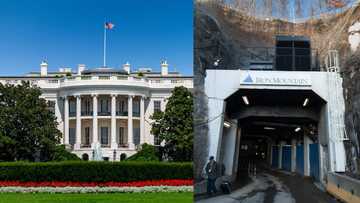U.S.A Travel Ban Affects African Athletes and Fans Ahead of Major Global Sporting Events
- While the U.S. government has guaranteed entry for athletes competing in major events like the Olympics and FIFA World Cup, there is uncertainty around training camps, smaller tournaments, and participation in U.S.-based clubs
- Citizens from several African countries, such as Sudan, Libya, Eritrea, and Chad, are barred from entering the U.S., meaning fans cannot attend matches and some club players could be excluded from American competitions like MLS or cricket
- The restrictions could undermine Africa’s visibility and development in global sport, limit opportunities for athletes to gain exposure, and potentially disadvantage African teams in major competitions hosted in the U.S
PAY ATTENTION: You can now search for all your favourite news and topics on Briefly News.
With the United States set to host the 2026 FIFA World Cup and the 2028 Olympic Games, African athletes, sports officials, and fans are now grappling with the implications of a sweeping travel ban announced by President Donald Trump.
While there are assurances that athletes will be allowed in for major events, there are still serious concerns about African representation, training logistics, and the participation of fans and club players in the U.S.
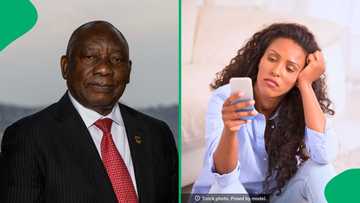
Read also
Cyril Ramaphosa orders probe into corruption allegations at HDA, SA sceptical anything will happen
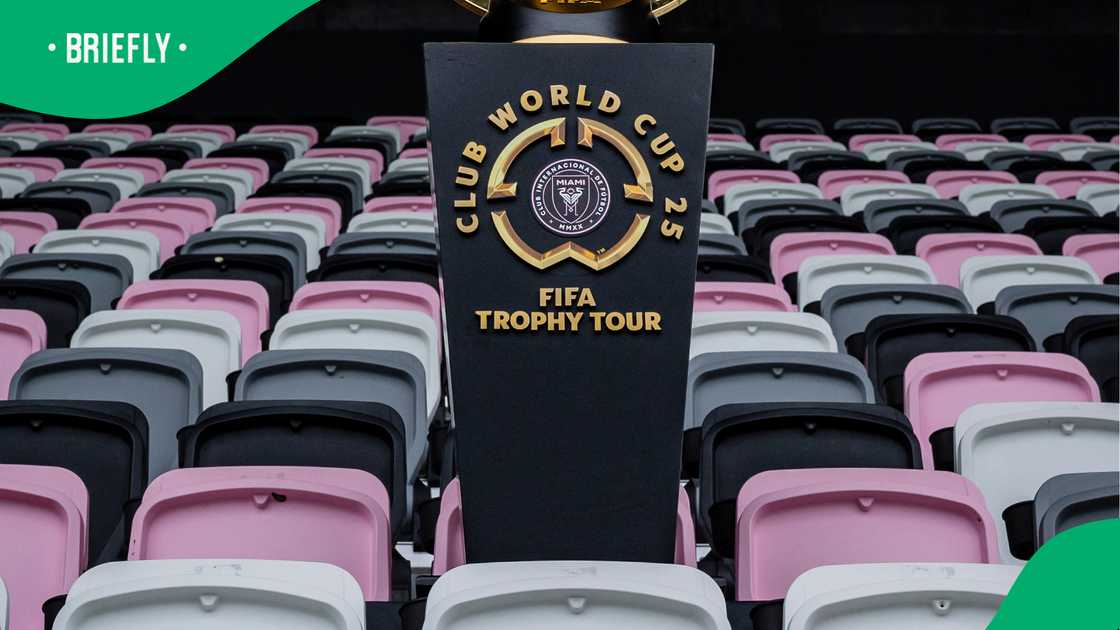
Source: Getty Images
African nations among the hardest hit
Twelve countries face full travel restrictions under the new policy, including several from Africa: Sudan, Libya, Eritrea, Somalia, Chad, and the Republic of the Congo. Another three, Burundi, Sierra Leone, and Togo, face partial constraints. This means athletes, coaches, and fans from these nations are directly affected.
PAY ATTENTION: stay informed and follow us on Google News!
While the ban includes an exemption for those travelling for the World Cup, Olympics, or what the U.S. defines as “other major sporting events,” the vague wording leaves many athletes in limbo.
Olympic and World Cup access 'guaranteed' for athletes
Olympic organisers have stated that African athletes will be allowed to compete. Nicole Hoevertsz, vice president of the International Olympic Committee, assured that the U.S. federal government has guaranteed access for all participating nations.
However, African Olympic hopefuls still face questions around training camps in the U.S. prior to the Games. Athletes from Eritrea and Sudan, for example, often use American facilities for pre-Games preparation. These camps are not explicitly protected under the exemption.
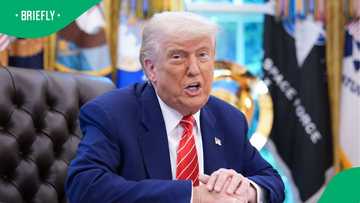
Read also
"We don't want them": Trump issues travel ban on 12 countries, including several African nations
Club players from Africa face uncertain future
The ban also fails to clarify the status of African athletes currently playing for U.S.-based clubs. In Major League Soccer (MLS), players from Venezuela, Haiti, and Sudan, some of whom are dual nationals or on temporary visas, may face deportation or be barred from returning after international duty.
Additionally, the Major League Cricket (MLC) competition, which includes top players from Afghanistan and African nations, could lose talent if travel restrictions are enforced during the tournament calendar.
African fans locked out of the World Cup
While athletes may be granted exceptions, fans from banned African nations will not. Countries like Sudan, Libya, and Chad, which could still qualify for the 2026 World Cup, now face the painful reality of playing on U.S. soil without the backing of their supporters.
This potentially places African teams at a competitive disadvantage, especially when rival teams benefit from roaring support in the stands.
A blow to African sporting growth
For African sport, access to the U.S. is not just about events, it's about exposure, endorsement deals, and global visibility. Athletes from nations like Eritrea and Somalia have historically used U.S.-based competitions and training to gain traction in their careers.
The Trump administration’s decision could deal a major setback to sporting development across the continent, especially in athletics, football, and boxing.
Unanswered questions for African federations
The vagueness of the exemptions has placed pressure on African sports federations to seek clarity from international bodies such as FIFA, the IOC, and the U.S. State Department.
So far, no clear framework has been outlined for smaller sporting competitions, such as the African Youth Games qualifiers, Pan-African athletics trials, or friendly matches involving African national teams in the U.S.
Sport must remain open, say experts
As history shows, politics and sport often clash. But many argue that sport should serve as a bridge, not a barrier.
“Athletes don’t carry passports of politics. They represent hope, peace, and competition. This ban is not just about visas. It’s about access to dreams.” said Kenyan sports analyst Moses Kemboi. “
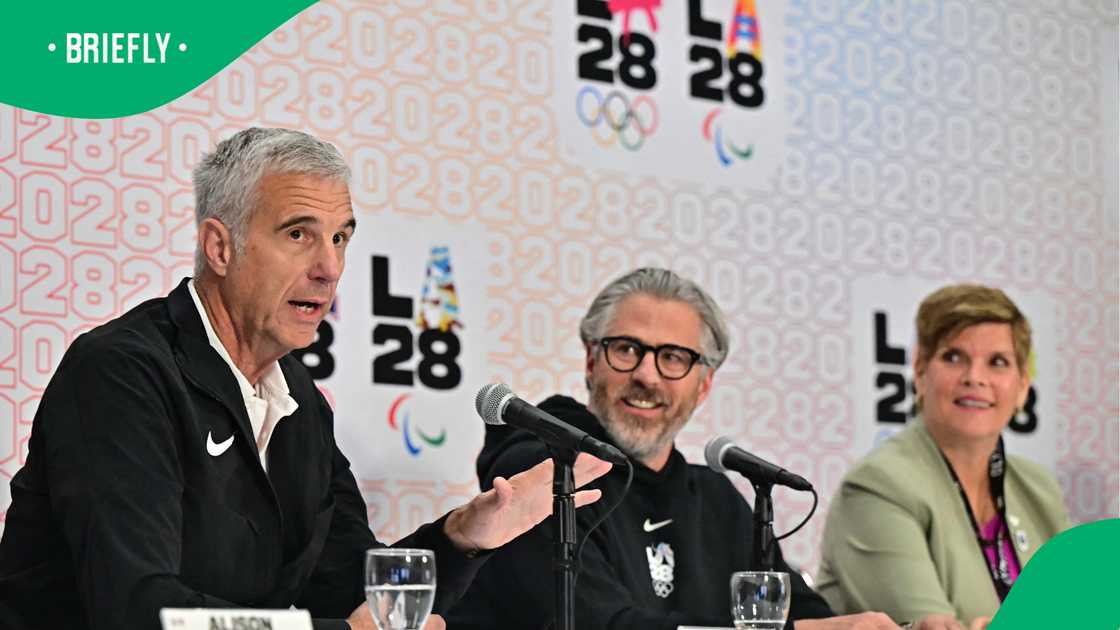
Source: Getty Images
The road ahead for African participation
With the LA 2028 Olympics and 2026 World Cup on the horizon, African countries will be watching closely to see how the U.S. implements these policies. As it stands, athletes may compete, but the broader ecosystem of fans, families, coaches, and aspiring stars remains uncertain.
Until more clarity is offered, Africa's road to America will remain paved with questions.
Bafana Bafana move up on latest FIFA rankings
Briefly News also reported that the Bafana Bafana of South Africa have moved up on the latest FIFA World Rankings after two consecutive wins in their World Cup qualifier.
Hugo Broos' side defeated the Crocodiles of Lesotho and the Benin Republic during the last international break.
PAY ATTENTION: Follow Briefly News on Twitter and never miss the hottest topics! Find us at @brieflyza!
Source: Briefly News

